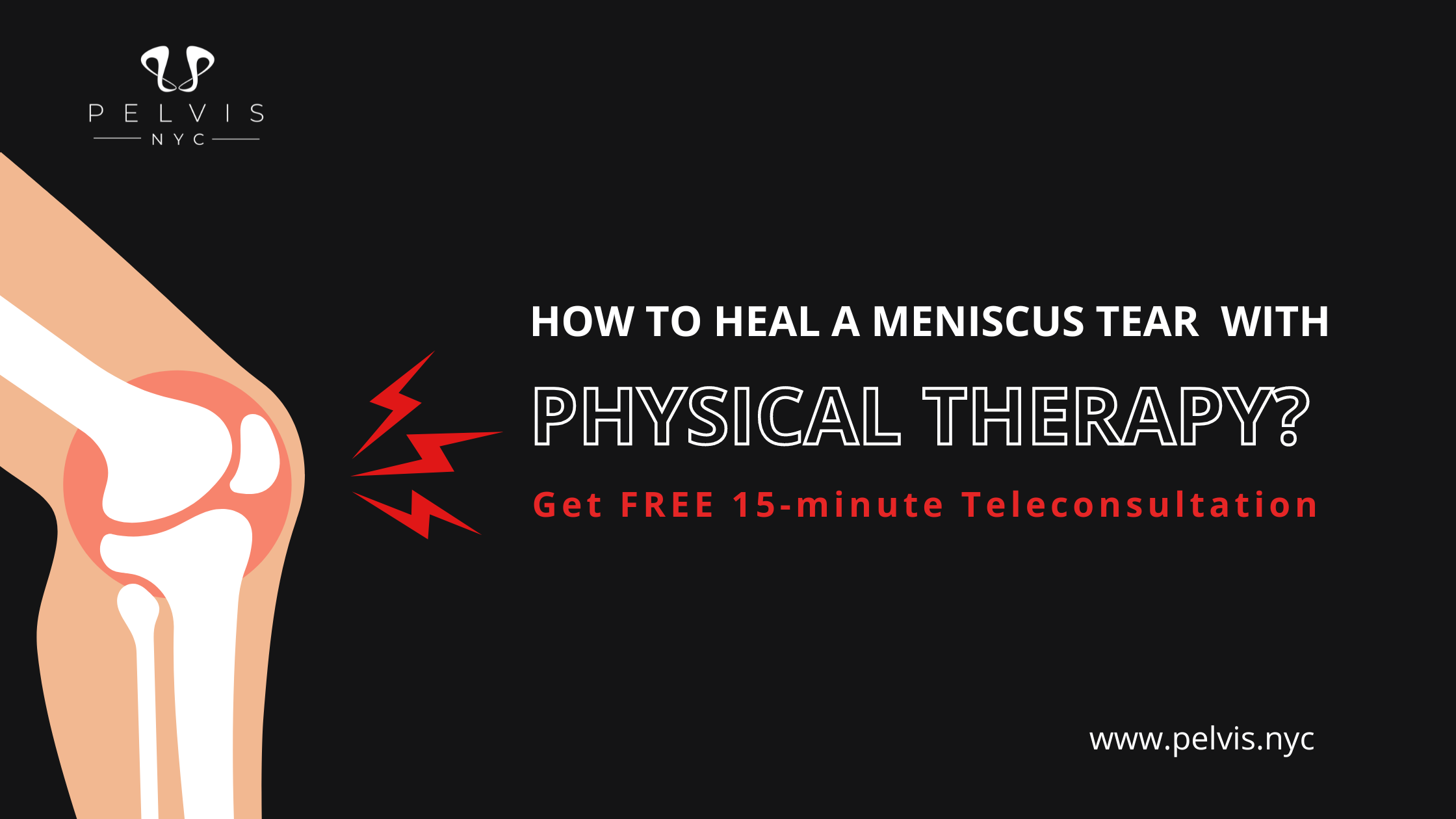Are you feeling a sharp pain in your knee that won’t go away? Worried that it might be something serious? Relax because meniscus tear injuries are common and there is an effective treatment to help the pain go away. Working with an experienced physiotherapist can give you the best outcomes for meniscus tear treatment. A physiotherapist’s meniscus tear treatment includes techniques and exercises that will heal your knee and keep it pain-free in the future.
So keep reading and uncover the advantages of regular physiotherapy treatment to ensure your torn meniscus is appropriately taken care of!
Definition
A meniscus tear is a common knee injury. Even the strongest of athletes are vulnerable to this ache-y challenge from time to time. The definition describes it as an injury to the cartilage between your thigh and shin bones that can occur with a twisted knee or damage due to either an acute injury or gradual wear and tear. Shooting pain may occur when it happens, though some have described feeling a popping sensation accompanied by swelling.
Meniscus Tear Symptoms
Meniscus tears may have you seeing red. The telltale sign? Sharp pain in your knee that is usually accompanied by swelling, tenderness, and a clicking sound or sensation when you move your joint around. Plus, the range of motion in your knee is reduced due to the stiffening of surrounding tissue. It also includes popping, locking, or giving way of the knee joint.
Depending on the severity, there are two types of meniscus tears. A simple tear is one where the meniscus is partially torn and still attached to its muscles, while a complex tear is more severe and involves multiple tears with detachment from muscle tissue. So depending
which one you have, other symptoms may vary from each person.
Meniscus Tear Test
Getting an unexpected knee injury can really slow you down. If you’re worried that your symptoms are because of a meniscus tear, then it’s important to find out for sure. Tests like the Physical Test, McMurray test, and Apley Grind Test are just some of the ways specialists can diagnose whether or not a meniscus tear is causing your joint discomfort.
- Physical Test– this is a test after asking about your symptoms and medical history. The doctor or physical therapist will check if there is swelling or tenderness along the joint line where the meniscus tears are located.
- McMurray Test– an exam that has been used for decades to evaluate the integrity of a person’s knee. It involves gently manipulating the knee joint in different directions and monitoring for a “clicking” sensation or feeling of discomfort that indicates some form of damage, such as anterior cruciate ligament tears.
- Apley Grind Test– a vital part of a comprehensive physical examination for orthopedic patients. It tests an individual’s ability to move their leg from side to side and can diagnose any issues with the knee joint.
Meniscus Tear Treatment
If you have a meniscal tear, physical therapy can help. Treatment will focus on reducing pain and swelling and restoring range of motion. Therapeutic exercises will also be used to improve knee stability and strength. A physical therapy program may also include using modalities such as heat or ice to help reduce pain and inflammation.
Physiotherapy is helpful in the management of meniscal tears for a number of reasons. Firstly, it can be used to reduce pain and inflammation in the knee joint. This is crucial in order to allow individuals to perform their daily activities without too much discomfort. Secondly, physiotherapy can help to improve the range of motion and flexibility in the knee joint. This is needed to prevent further injury to the joint and allow for a full recovery from the initial injury. Finally, physiotherapy can help to strengthen the muscles around the knee joint.
If you have suffered a meniscus tear or any other injury to the knee, it is important to seek professional help. A physiotherapist can provide you with the guidance and support you need to recover fully and prevent further injury.
Visit us and benefit from a 15-minute FREE teleconsultation.

